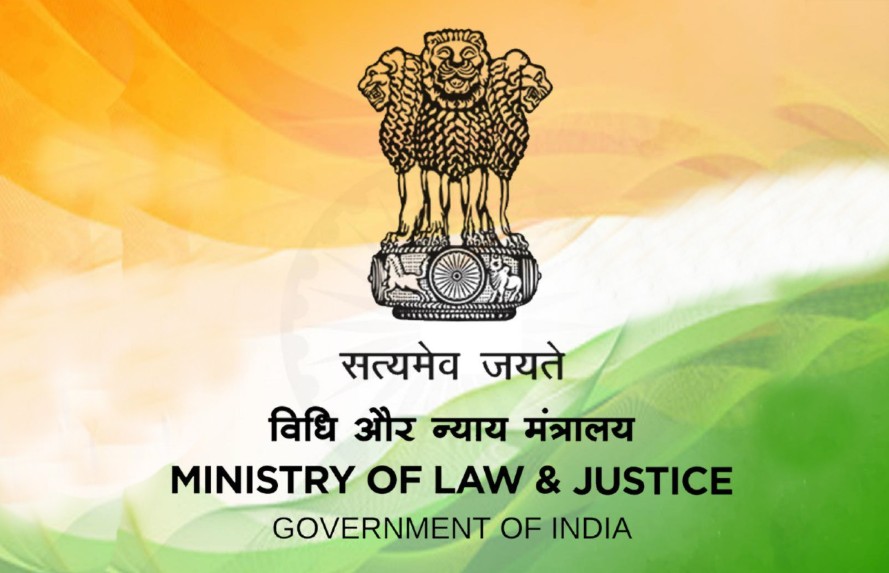The Indian Penal Code (IPC), enacted in 1860, forms the backbone of criminal law in India. For residents of Delhi, understanding the IPC is crucial not only for legal professionals but also for everyday citizens seeking to be informed about their rights and responsibilities under the law. This post provides an overview of the IPC and how it applies specifically in the context of Delhi.

What is the Indian Penal Code (IPC)?
The IPC is a comprehensive legal framework that defines offenses and prescribes punishments for crimes committed in India. It is applicable across the country, including Delhi, and forms the foundation for criminal justice in the nation. The IPC is divided into 23 chapters and contains 511 sections, addressing a wide range of offenses such as theft, murder, fraud, and cybercrimes.
Key Offenses Under the IPC and Their Relevance in Delhi
Delhi, being a densely populated and urbanized region, witnesses a range of criminal activities that are addressed under specific sections of the IPC. Here are some key offences and how they apply in the capital city:
Crimes Against Women
Section 376 (Rape): Delhi has faced scrutiny for incidents of crimes against women. Cases registered under this section involve serious penalties, including life imprisonment.
Section 498A (Cruelty by Husband or Relatives): A critical section used in domestic violence cases. Delhi’s courts handle a significant number of such cases annually.
Theft and Burglary
Section 378 (Theft): Petty thefts and pickpocketing are common in crowded markets and public transport in Delhi.
Section 457 (Housebreaking): Burglary in residential and commercial spaces is often charged under this section.
Riots and Public Order Offenses
Section 141 (Unlawful Assembly): Protests and demonstrations in Delhi frequently fall under scrutiny for maintaining public order.
Section 144 (Prohibitory Orders): Often invoked in volatile situations to curb large gatherings.
White-Collar Crimes
Section 420 (Cheating and Fraud): A prominent issue in Delhi’s commercial hubs, particularly in cases involving real estate scams or financial frauds.
Cybercrimes
Though cybercrimes fall under the Information Technology (IT) Act, they are often prosecuted alongside sections of the IPC like Section 463 (Forgery) and Section 468 (Forgery for Purpose of Cheating).
Role of Delhi Police in Enforcing the IPC
Delhi Police, under the administrative control of the Ministry of Home Affairs, plays a vital role in enforcing the IPC. The city is divided into several police districts, each tasked with registering FIRs (First Information Reports), investigating cases, and arresting offenders under relevant IPC sections.
For residents, knowing how to approach the police in cases of criminal activity is essential. The Delhi Police has also introduced e-FIR services for certain offenses, such as theft, to make reporting crimes more accessible.
Important Considerations for Delhi Residents
1. Filing an FIR
- Under Section 154 of the Criminal Procedure Code (CrPC), any citizen has the right to lodge an FIR for a cognizable offense.
- Delhi Police cannot refuse to register an FIR if the offense is cognizable (e.g., theft, assault, rape).
2. Legal Assistance
- Citizens have the right to seek legal aid. Delhi Legal Services Authority (DLSA) provides free legal assistance to those who cannot afford a lawyer.
3. Understanding Punishments
- Punishments under the IPC can range from fines to life imprisonment, depending on the gravity of the offense. For instance, Section 302 (Murder) carries the death penalty or life imprisonment, reflecting the seriousness of such crimes.
Notable IPC Cases in Delhi
Delhi has been the epicenter of many high-profile criminal cases, which have shaped the application of the IPC in modern times:
The Nirbhaya Case (2012): One of the most significant cases involving Section 376 (rape) and Section 302 (murder). It led to the amendment of laws protecting women.
Delhi Riots (2020): Cases filed under Section 141 (unlawful assembly) and Section 302 highlighted the city’s vulnerabilities to communal violence.
Final Thoughts
Understanding the IPC empowers Delhi residents to know their rights and the legal remedies available to them. It also fosters greater accountability within the system. Whether you’re a victim, witness, or simply a concerned citizen, being informed about key provisions of the IPC can help you navigate the legal landscape effectively.
In a rapidly evolving city like Delhi, where socio-economic and cultural dynamics influence crime, the IPC remains a cornerstone of justice, ensuring that offenders are held accountable and victims receive due redress.
Have any questions about the IPC or specific legal concerns in Delhi? Share them in the comments below!
